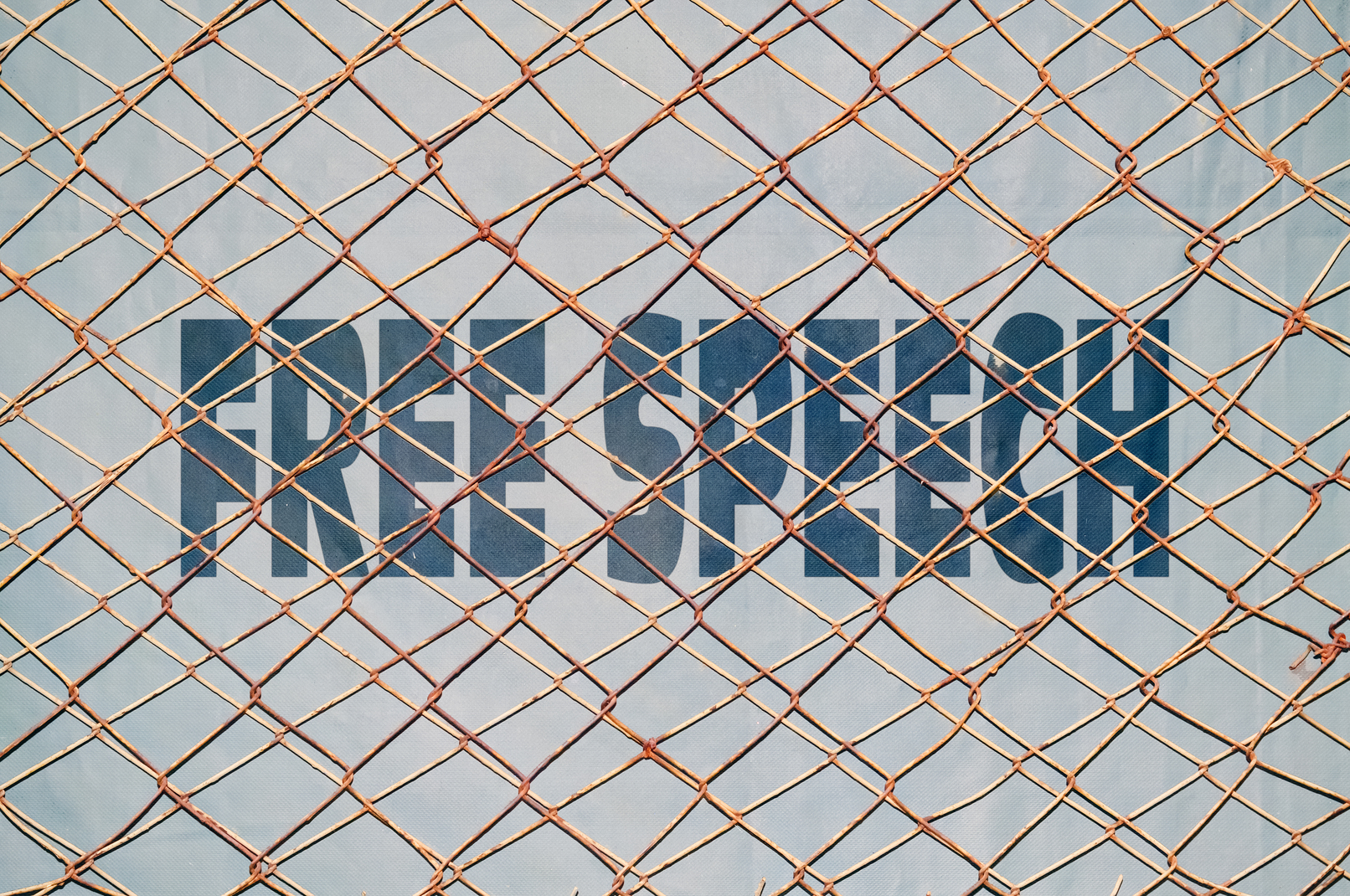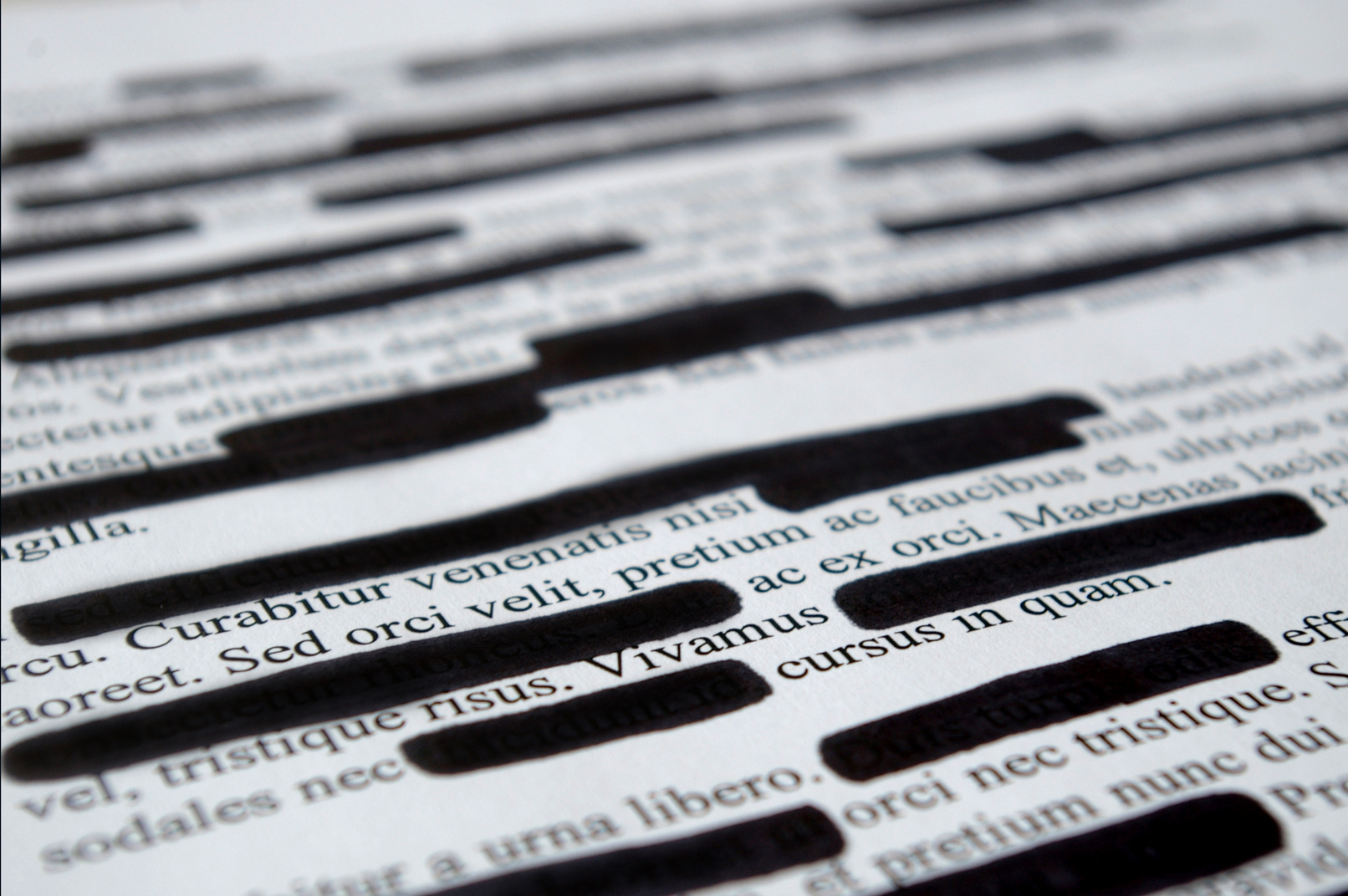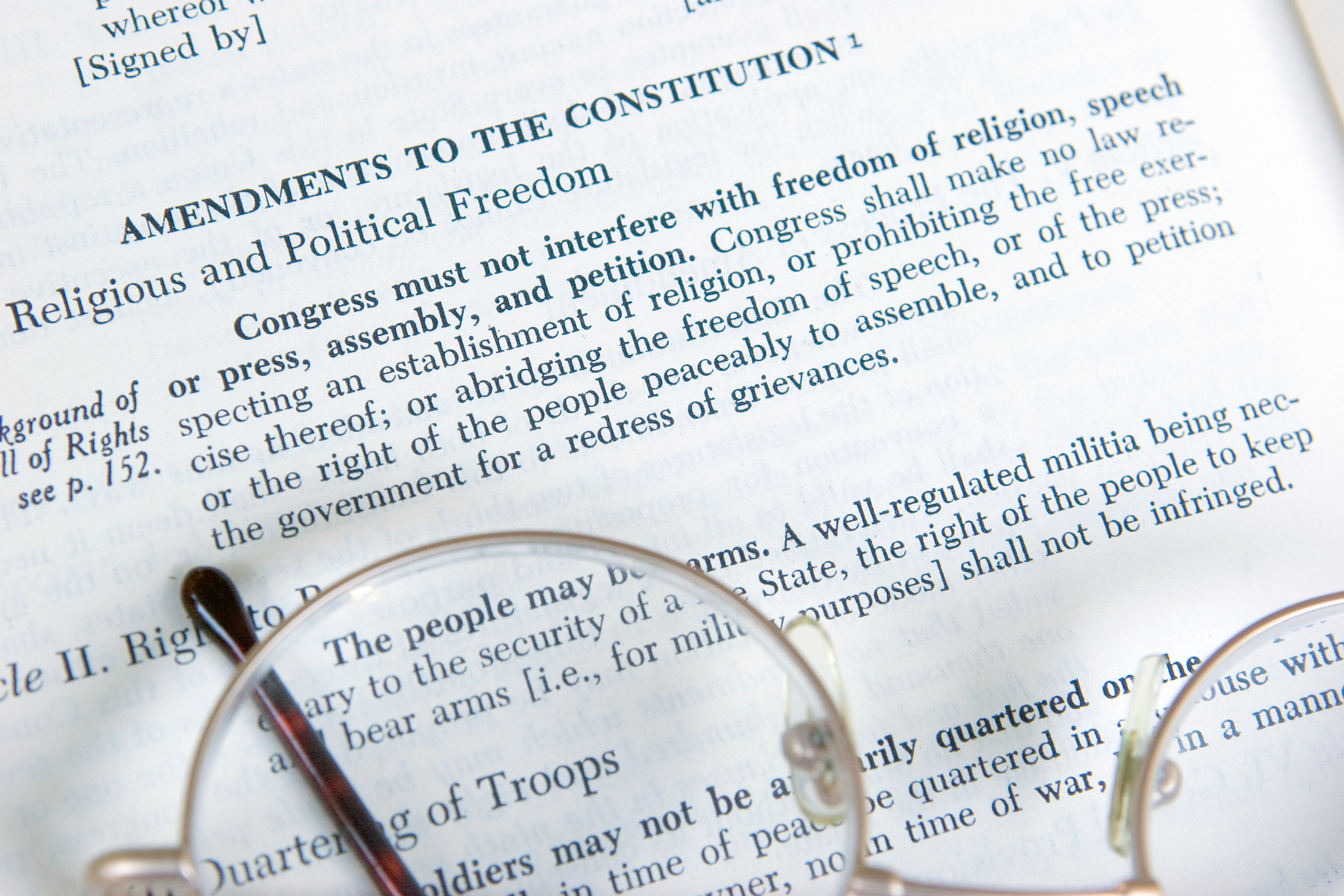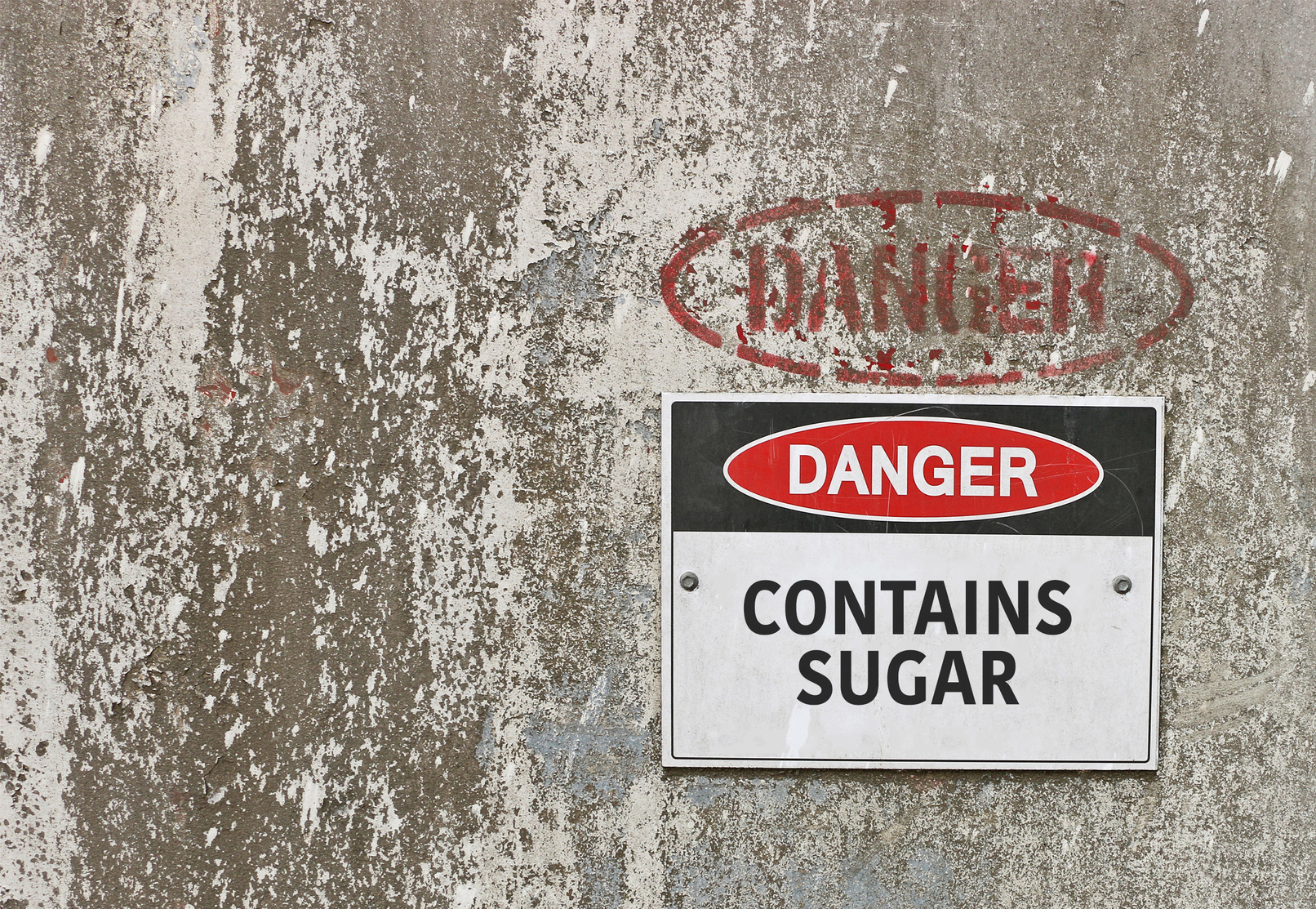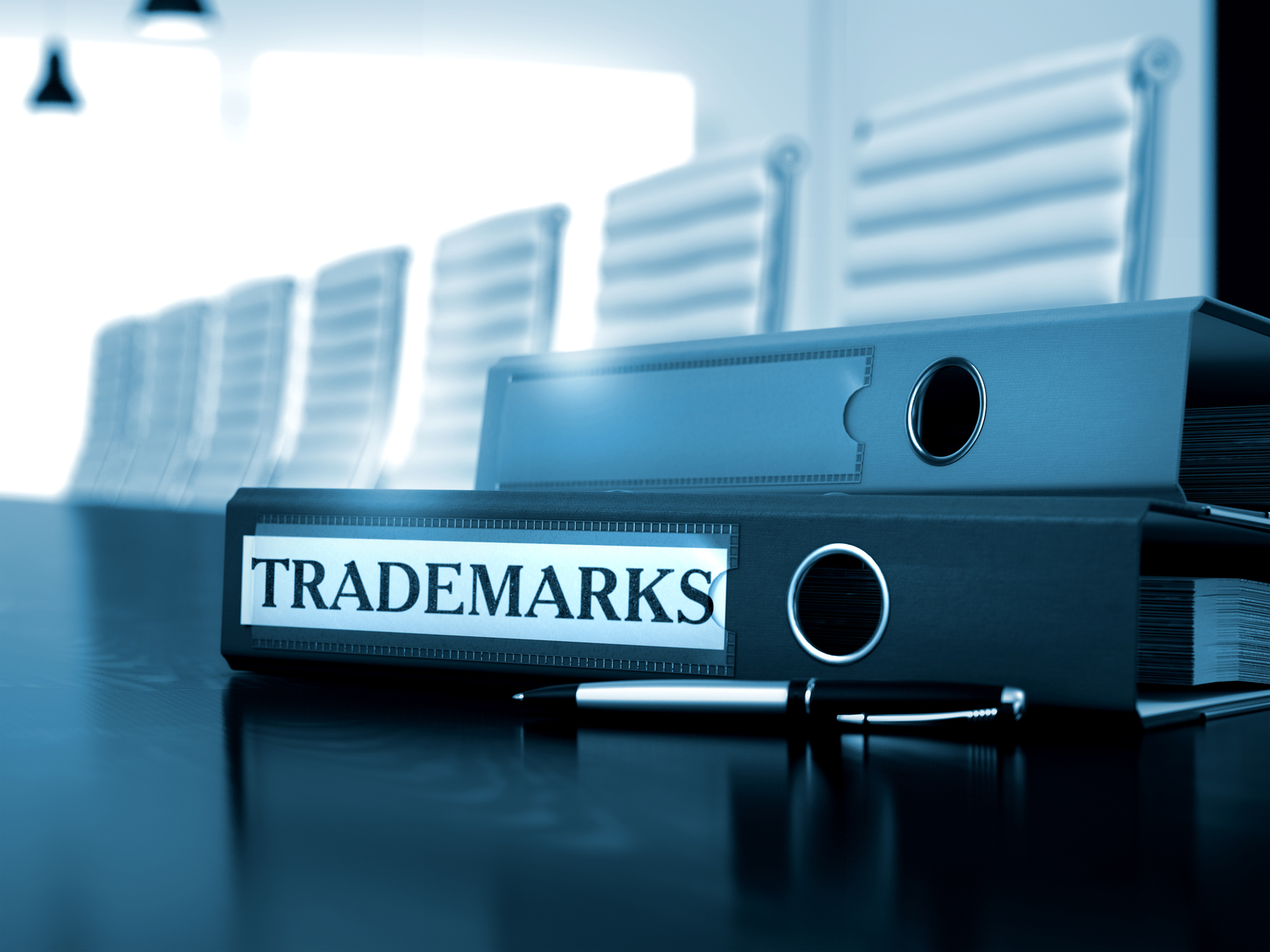On Friday, August 16, 2019, Judge Brian C. Wimes of the U.S. District Court for the Western District of Missouri ruled that Mike Campbell was deprived of his constitutional right to free speech when Missouri Representative Cheri Toalson Reisch blocked Campbell from her Twitter page after Campbell retweeted a comment criticizing Reisch's political views. Judge Wimes granted Campbell's request for declaratory and injunctive relief against Reisch under 42 U.S.C. § 1983.
Articles Posted in Free Speech
On Tuesday, July 9, 2019, the United States Court of Appeals for the Second Circuit held that President Donald J. Trump engaged in unconstitutional viewpoint discrimination, in violation of the First Amendment, by blocking certain users' access to his Twitter account based on those users' speech on Twitter. The Knight First Amendment Institute at Columbia University sued the President on behalf of seven Twitter users who were blocked from the President's Twitter account after said users tweeted replies to the President critical of his personality and policies. Judge Barrington D. Parker concluded "that the First Amendment does not permit a public official who utilizes a social media account for all manner of official purposes to exclude persons from an otherwise-open online dialogue because they expressed views with which the official disagrees."
On Monday, June 24, 2019, the United States Supreme Court issued a decision in Iancu v. Brunetti, 588 U.S. ___ (2019), holding that the Lanham Act's bar on registration of immoral or scandalous trademarks violates the First Amendment. At issue in the case is the trademark FUCT, pronounced as four letters, which is the clothing brand founded by Erik Brunetti. Justice Elena Kagan, writing for the majority, wrote that the Lanham Act's bar on immoral or scandalous trademarks is viewpoint-based discrimination in violation of the First Amendment.
The ruling stemmed from the arrest of a man who had yelled "f--- you" out of his car window at an Arkansas state trooper.
The Third Circuit Court of Appeals ruled that the city was justified in attempting to prevent sexual orientation discrimination by withholding referrals of foster children to agencies that do not work with same-sex parents. It did not find any religious persecution or bias that would make the policy unconstitutional under the First Amendment.
On Tuesday, April 2, 2019, the American Civil Liberties Union and the Knight First Amendment Institute at Columbia University filed a lawsuit in the United States District Court, District of Maryland, on behalf of five former federal employees challenging the constitutionality of prepublication review. Former government and intelligence agency employees must submit manuscripts and drafts for government review before publication due to a lifelong obligation to keep national security secrets for as long as the information is considered classified by the government. The lawsuit alleges violations of both the First Amendment and the Fifth Amendment.
On Tuesday, February 19, 2019, the United States Supreme Court denied certiorari in Katherine Mae McKee v. William H. Cosby, Jr., 586 U.S. ___ (2019), a lawsuit concerning Katherine McKee's claim against Bill Cosby for defamation where Cosby's lawyers released a letter allegedly damaging McKee's reputation for truthfulness and honesty. The First Circuit found McKee became a limited-purpose public figure when she made sexual assault allegations against Bill Cosby and, as such, would need to prove that the statements in the letter were both false and made with actual malice. United States Supreme Court Justice Clarence Thomas, writing a concurring opinion in the Supreme Court's denial of certiorari, called for a reconsideration of the doctrinal basis for First Amendment cases concerning defamation and libel.
On February 25th, 2019, the US Supreme Court will hear arguments in Manhattan Community Access Corporation v. Halleck, a case that has garnered press attention for its First Amendment subject matter. The Court is being asked to consider, “when (if ever) the actions of a private nonprofit corporation operating a public access television channel…
On Thursday, January 31, 2019, the United States Court of Appeals for the Ninth Circuit published its en banc opinion in American Beverage Association v. City and County of San Francisco, No. 16-16072 (9th Cir. 2019), reversing and remanding the district court's denial of a preliminary injunction. The Ninth Circuit found that a San Francisco ordinance mandating warnings regarding the health effects of sugar sweetened beverages likely violated the First Amendment.
In the case of Iancu v. Brunetti, the Federal Circuit recently ruled that a section of the Lanham Act was unconstitutional. This federal law governs the registration of trademarks. Section 2(a) of the Lanham Act prohibits the registration of trademarks that are immoral or scandalous. The Federal Circuit reviewed this provision in…




